Optimal Timing for Concrete Installations
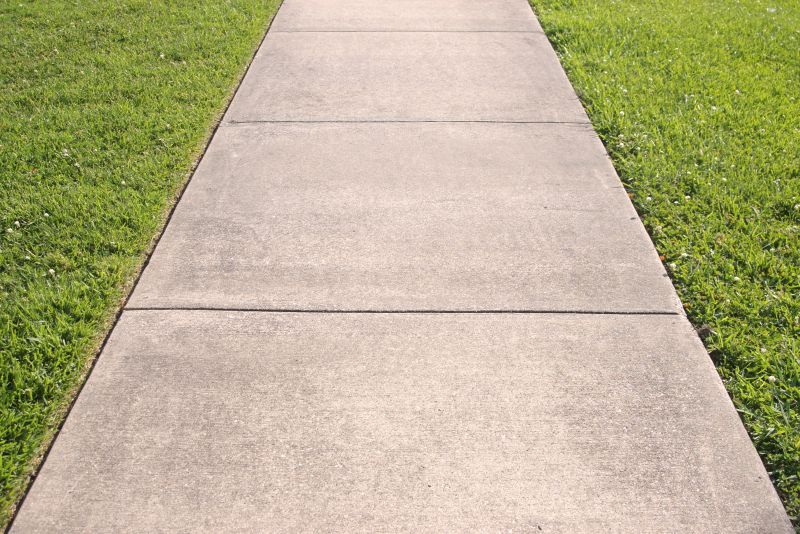
Ways to make Concrete Installations work in tight or awkward layouts.
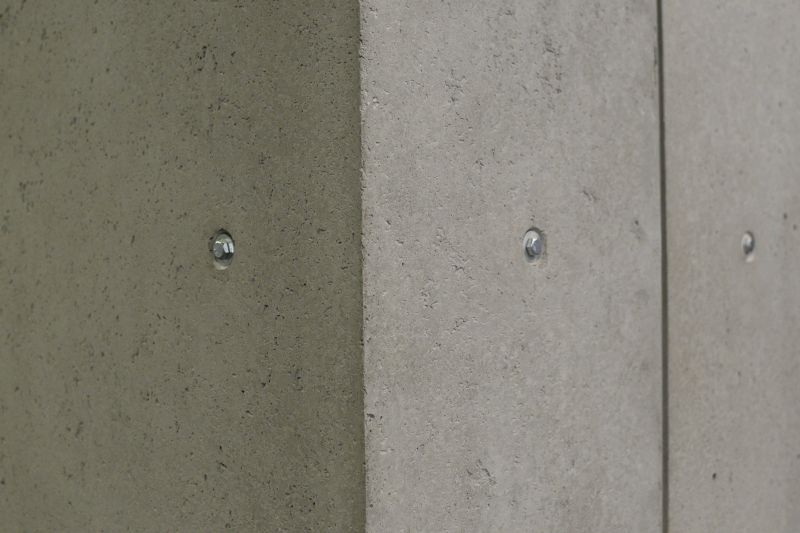
Popular materials for Concrete Installations and why they hold up over time.
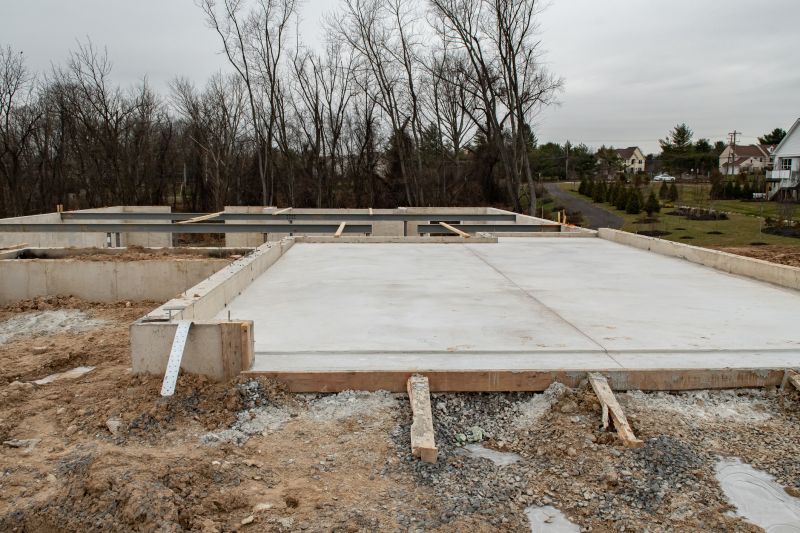
Simple add-ons that improve Concrete Installations without blowing the budget.
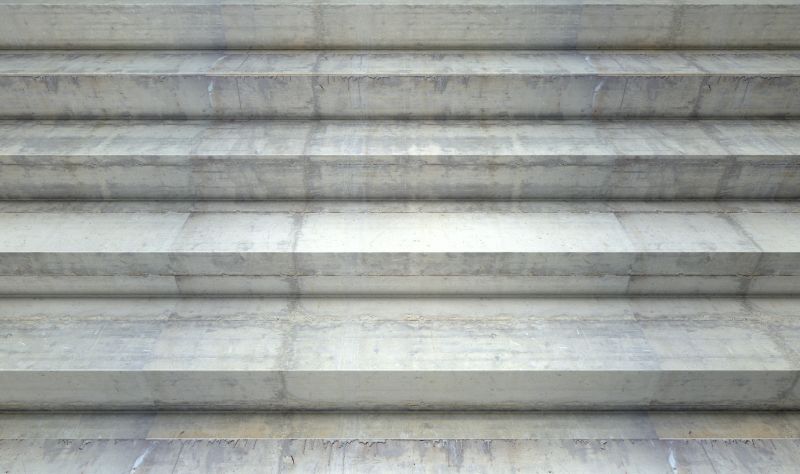
High-end options that actually feel worth it for Concrete Installations.
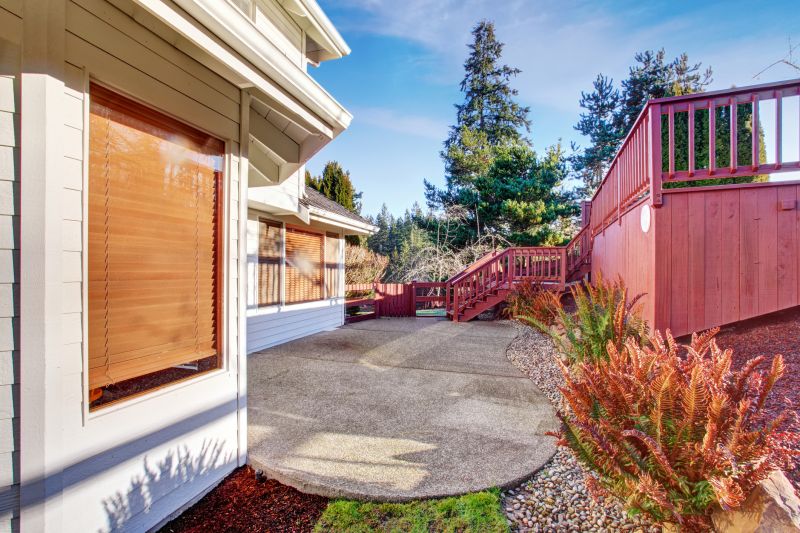
Finishes and colors that play nicely with Concrete Installations.
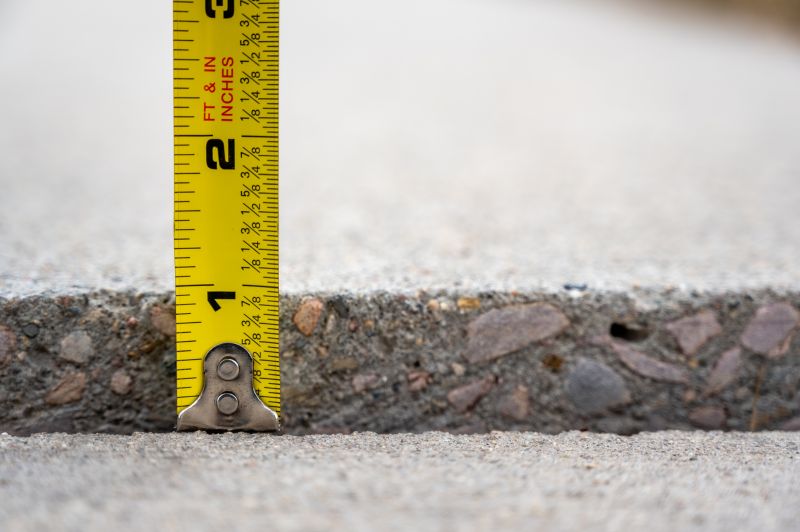
Little measurements that prevent headaches on Concrete Installations day.
Proper timing ensures that concrete maintains its strength and reduces the risk of cracking or other issues caused by extreme heat or cold. According to industry statistics, concrete poured during temperatures between 50 and 75 degrees Fahrenheit experiences the best curing conditions, leading to longer-lasting results. Planning installations during these times can improve quality and reduce potential delays or additional costs.
A: Proper timing helps ensure optimal curing conditions, which affects the strength and durability of the concrete.
A: Mild temperatures with low humidity, typically in spring and fall, are ideal for concrete installations.
A: Extreme heat can cause rapid evaporation, leading to cracks, while cold temperatures slow curing and may weaken the concrete.
A: It is possible with proper precautions, but generally, winter is less ideal due to colder temperatures.
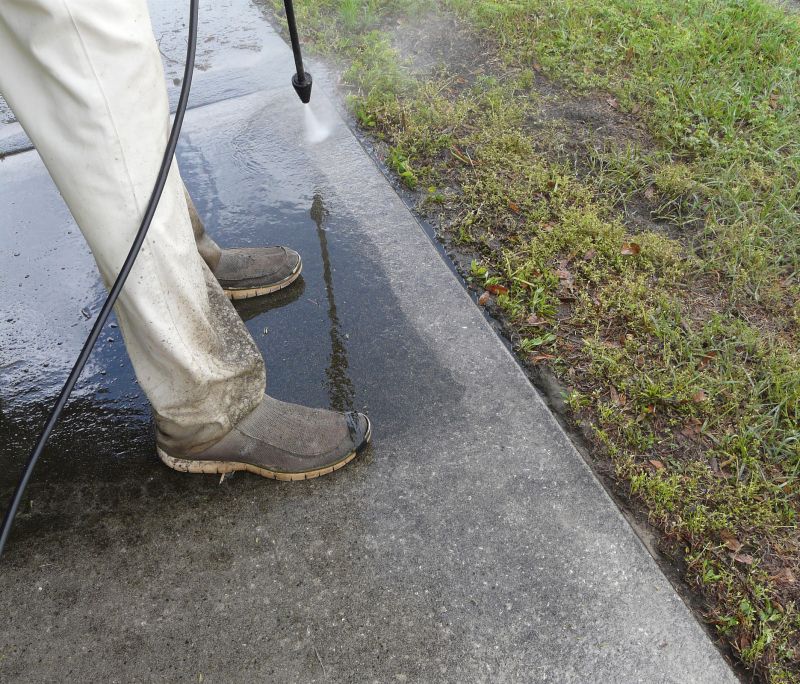
A 60-second routine that keeps Concrete Installations looking new.
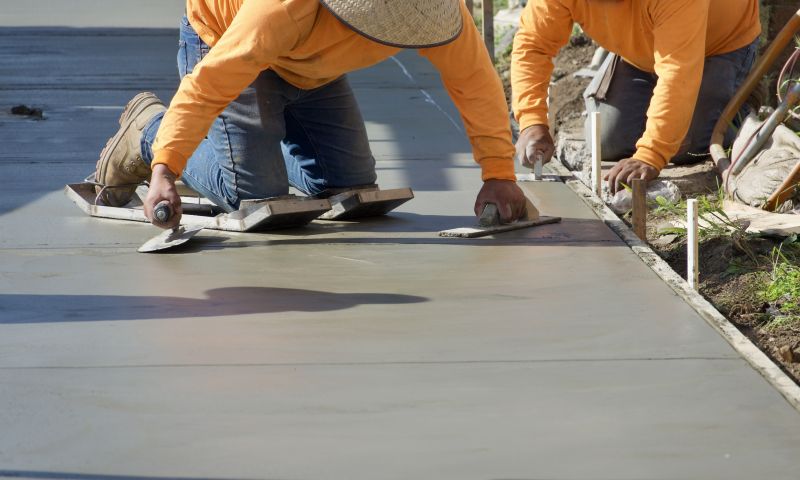
A frequent mistake in Concrete Installations and how to dodge it.
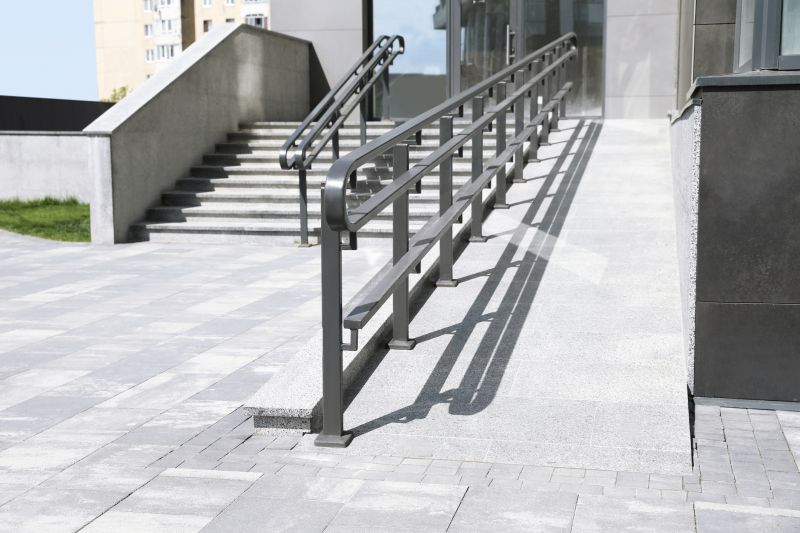
Small tweaks to make Concrete Installations safer and easier to use.
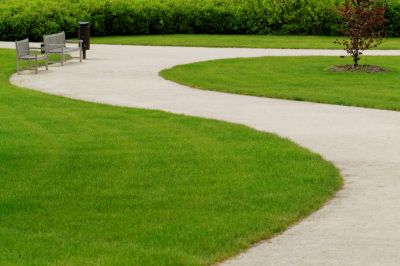
Lower-waste or water-saving choices for Concrete Installations.
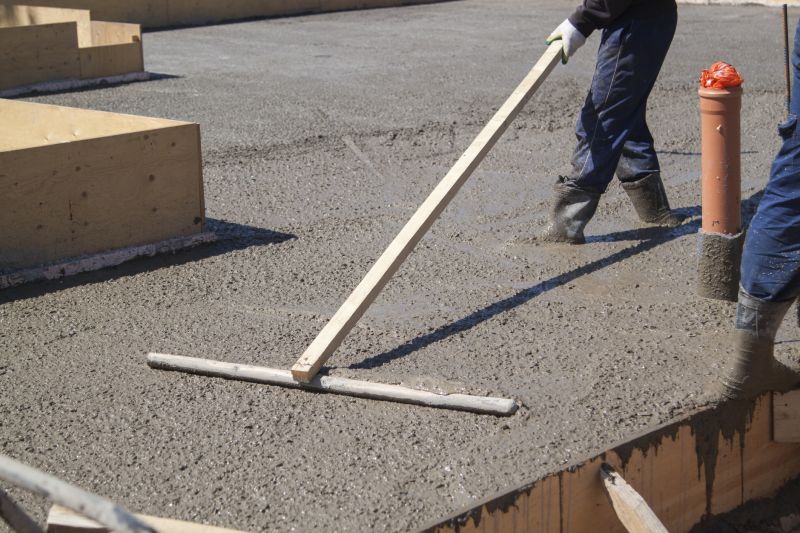
The short, realistic tool list for quality Concrete Installations.
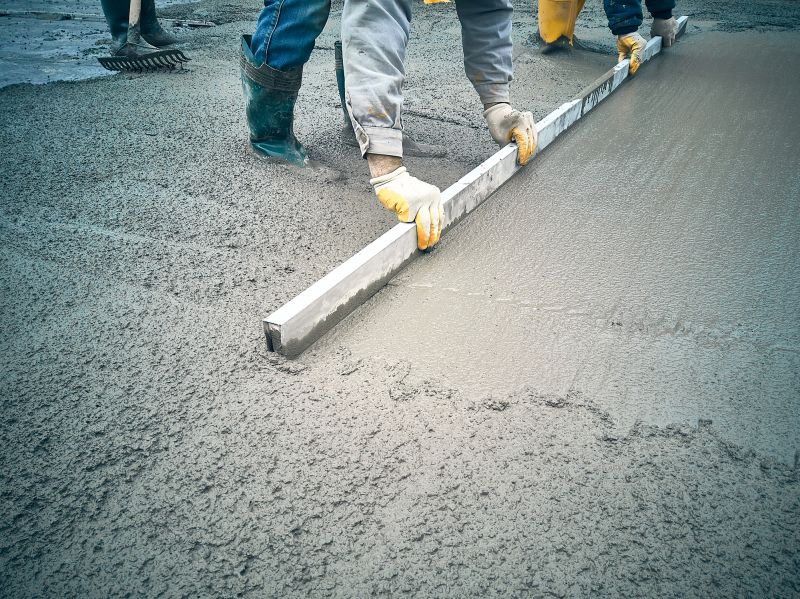
Rough timing from prep to clean-up for Concrete Installations.
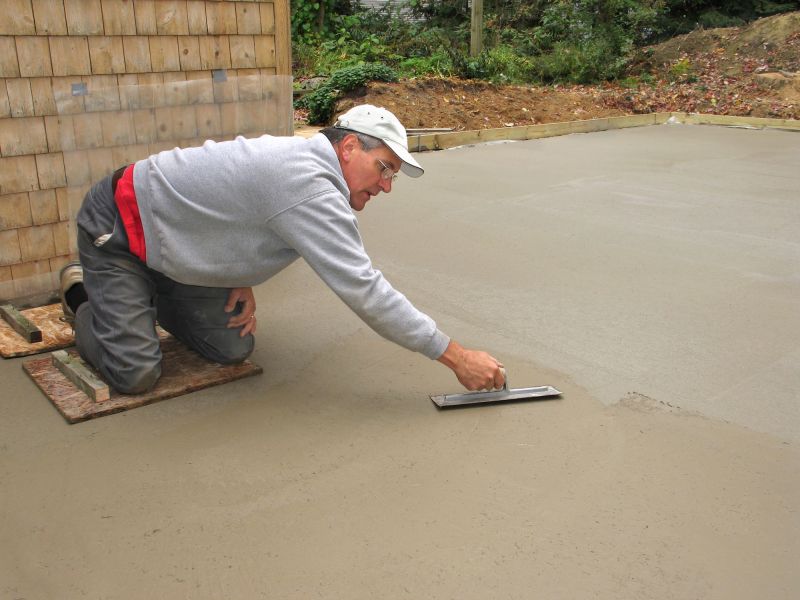
Quick checks and paperwork to keep after Concrete Installations.
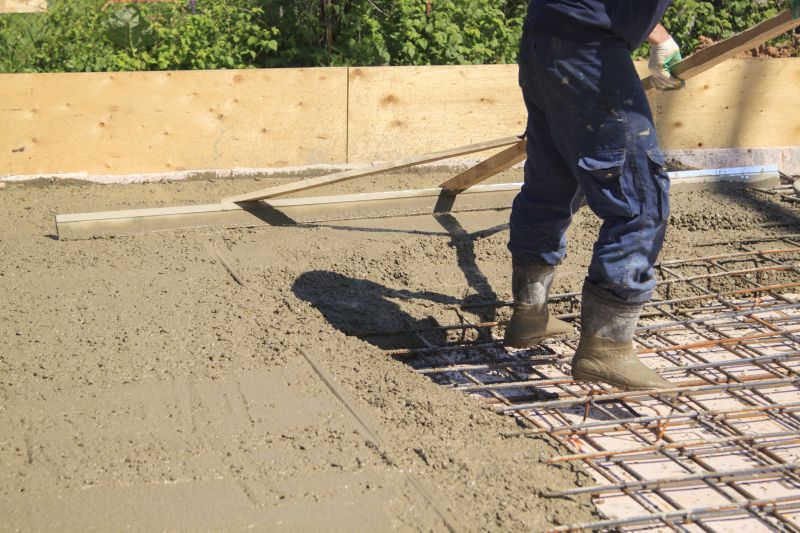
Examples that show the impact a good Concrete Installations can make.
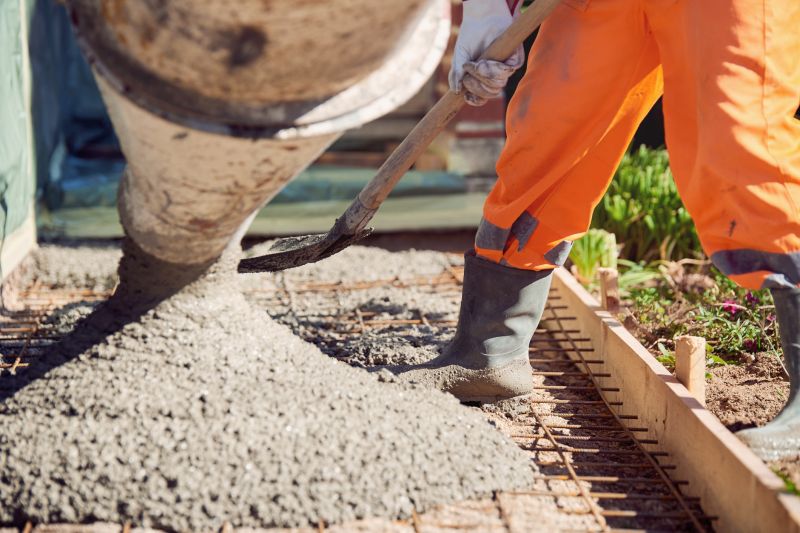
Ways to make Concrete Installations work in tight or awkward layouts.
| Season | Ideal Temperature Range (°F) |
|---|---|
| Spring | 50-75 |
| Summer | 70-85 |
| Fall | 50-75 |
| Winter | Below 50 (with precautions) |
| Recommended Time for Installation | Spring and Fall |
| Best Conditions | Moderate humidity and stable temperatures |
| Temperature Impact | Affects curing speed and strength |
| Curing Duration | 7-28 days |
